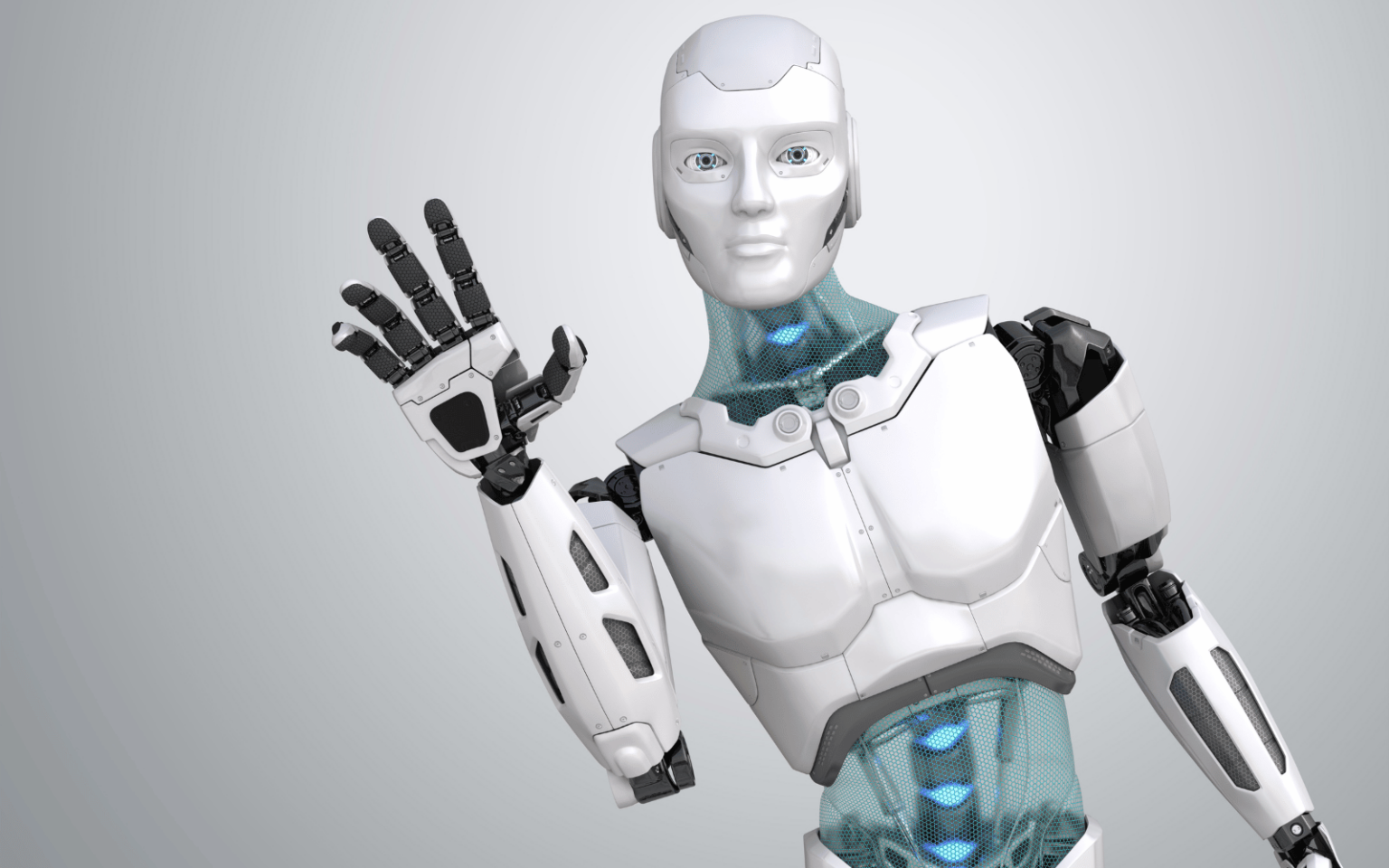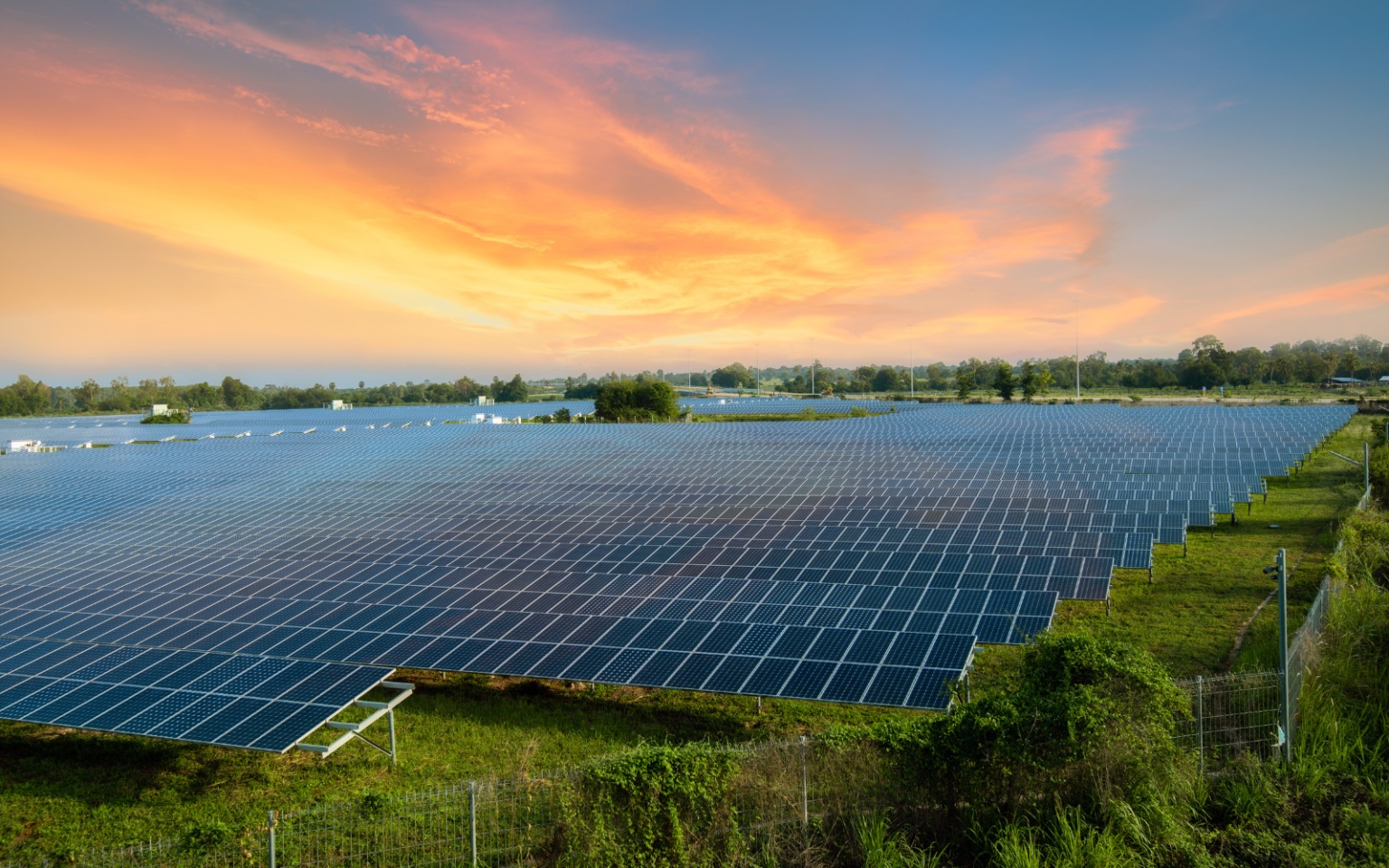Robots are machines that can sense the environment and use that information to perform an action. You can find them nearly everywhere in industrialized societies today. There are household robots that vacuum floors and warehouse robots that pack and ship goods. Lab robots test hundreds of clinical samples a day. Education robots support teachers by acting as one-on-one tutors, assistants and discussion facilitators. And medical robotics composed of prosthetic limbs can enable someone to grasp and pick up objects with their thoughts. Figuring out how humans and robots can collaborate to effectively carry out tasks together is a rapidly growing area of interest to the scientists and engineers that…
Author: The Conversation
How long do you spend staring at a screen every day? According to one report, the average person spends about seven hours a day on screens connected to the internet. And that figure is going to be even higher if your job is mainly done in front of a computer. Most of us over-use digital devices, spending too long either working or enjoying being distracted on phones, tablets, laptops or even VR headsets. We are accused of being addicted to tech and warned of the dangers to our physical and mental health. One significant paradox here is that we often retreat into the digital…
As artificial intelligence systems play a bigger role in everyday life, they’re changing the world of education, too. OpenAI’s ChatGPT, Microsoft’s Bing and Google’s Bard all come with both risks and opportunities. I am a literacy educator and researcher, and here are four ways I believe these kinds of systems can be used to help students learn. 1. Differentiated instruction Teachers are taught to identify the learning goals of all students in a class and adapt instruction for the specific needs of individual students. But with 20 or more students in a classroom, fully customized lessons aren’t always realistic. Everyone learns differently. An AI system…
The first videogame I ever played was the arcade game Donkey Kong. Released in 1981, it took us into a blocky-looking world where a carpenter in overalls raced along platforms and up ladders in a building site to rescue a lady kidnapped by a large ape. Its humble hero, Mario, went on to feature in scores of multi-million dollar grossing games, becoming an icon as popular as Mickey Mouse. Having grown up in the 1980s, the new Super Mario Bros. Movie meant more to me than the average fantasy animation film. Watching Mario and Donkey Kong have it out on a massive screen – at a…
Worldwide, small and medium enterprises (SMEs) are seen as the backbone of a thriving economy. They make up a substantial portion of the total number of companies and are estimated to contribute over 87% of all jobs globally. A recent World Economic Forum report showed that major disruptions affect the value chain of SMEs significantly more than they affect larger enterprises. Disruptions, such as COVID-19 and geo-political tensions, often lead to failure among these businesses. In South Africa, an example of a significant risk to SMEs is the acute shortage of power. Power outages mean that they can’t operate. No production or trade is possible, and inventory…
Since the UN Climate Change Agreement was signed by 196 nations in December 2015, many countries have announced policies to reduce their fossil fuel emissions. Their commitments are set out in nationally determined actions they’ll be taking to achieve this. But the transition must navigate political economy tensions, especially in developing countries. Take South Africa, for example. It has deep-seated socioeconomic challenges, such as inequality and unemployment. Its unemployment rate (including people who have given up looking for jobs) is unacceptably high at 42.5%. The country is also among the most unequal in the world. And inequality remains mostly delineated by “race”. The mainstream…
A month ago South Africans heard some hard truths about the state of the power utility, Eskom, from the outgoing CEO André de Ruyter. In an interview broadcast on television, De Ruyter made accusations about the role of criminal gangs as well as politicians in corruption that’s crippled the utility. The interview triggered his immediate departure – he was due to leave some weeks later – as the ruling African National Congress rounded on him. But, in my view, South Africans – particularly the new Minister of Electricity Kgosientsho Ramokgopa – would be well advised to look more carefully at what De Ruyter said, rather…
The future of Africa’s energy sector is getting increasing attention from policymakers and the private sector. As demand for energy rises, current energy systems must grow rapidly to meet it. This must be done in reliable, resilient and affordable ways – while “staying the course” of climate compatibility and ensuring access for all. Internationally, the future of energy systems has been a hotly debated topic ever since the link between fossil fuel combustion and the negative impacts of climate change became widely known. Energy transitions – pathways to shift from fossil fuels to cleaner forms of energy – have long been debated…
Librarians are the curators of creativity. They collect success stories and share it with the world. Traditionally, the success was from published authors, which libraries shared with the local community. More recently, the model has been flipped: libraries have started to collect from the local community to share with everyone. In academic libraries, this is best seen in the work of repository librarians. They collect not only the published output of researchers but also all the digital ephemera that might be created through the research process: the data, the software, the code. The movement that makes all the ingredients of…
Several major airlines have pledged to reach net-zero carbon emissions by midcentury to fight climate change. It’s an ambitious goal that will require an enormous ramp-up in sustainable aviation fuels, but that alone won’t be enough, our latest research shows. The idea of jetliners running solely on fuel made from used cooking oil from restaurants or corn stalks might seem futuristic, but it’s not that far away. Airlines are already experimenting with sustainable aviation fuels, including biofuels made from agriculture residues, trees, corn and used cooking oil, and synthetic fuels made with captured carbon and green hydrogen. United Airlines, which has been using a blend of used oil or waste fat…










